Michael Haneke. A man who finds sadistic pleasure in wrecking the comforts of the bourgeois existence and mercilessly peeling off layers of hypocrisy and ignorance ingrained in modern society. A man whose stone-cold gaze behind the camera penetrates you with a ferocious intensity that leaves you gasping in pain and horror. Having started out as a film critic, Michael Haneke made his film debut in 1989 at the age of 46 and has gone on to become one of the greatest auteurs working in cinema today. Violence has been a recurring element in his films, is explored on a deeply philosophical level, and has become one of the most recognizable aspects of his auteur vision. As a staunch fanatic of his work, it took me some nerve and courage to sit down and rank his films, but as a cinephile, these are things you live for and things that excite you the most. With that said, here is the list of top Michael Haneke movies, ranked from average to best.
11. Time of the Wolf (2003)
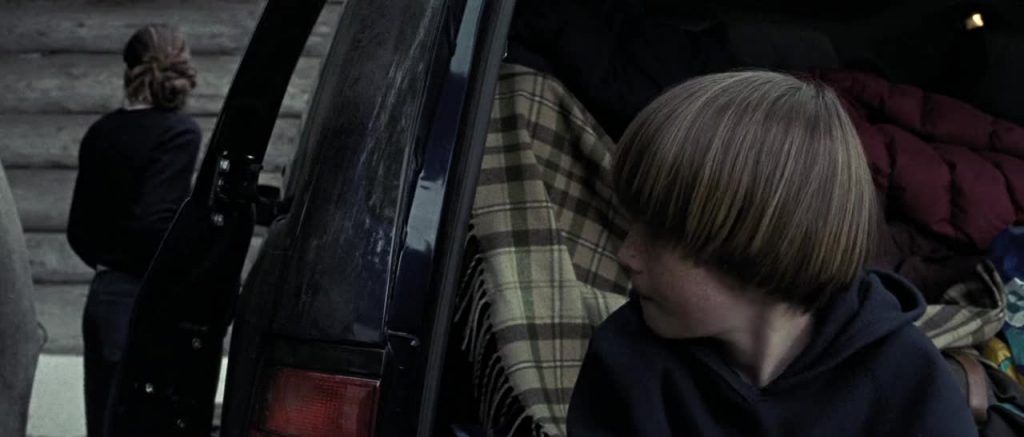
‘Time of the Wolf’ might just be Haneke’s weakest work which is not a bad thing at all, coming from a man with such an inspiring vision and staggering audacity. The film is an apocalyptic drama that follows a family who returns to their homeland only to find their house occupied by strangers, one of them who would kill the husband in the family. The film captures the journey of the mother and children amidst the chaos of survival in a land torn out of civilization and morality. Haneke, here, explores human beings at their rawest and ugliest and leaves his mark on every frame. Still, the film ultimately gets way too caught up in his philosophy, often losing its grip over the narrative and lacks the nerve-racking intensity of his other works.
10. 71 Fragments of a Chronology of Chance (1994)
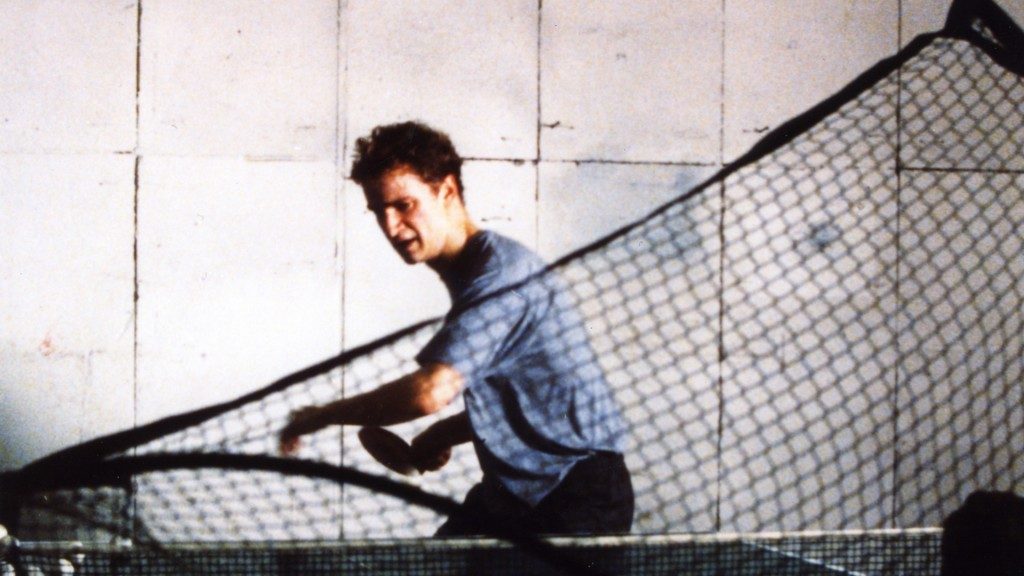
Another one of Haneke’s weaker efforts and the final part of his ‘Glaciation’ trilogy, ’71 Fragments of a Chronology of Chance’ features exactly the number of scenes its title mentions and depicts several incidents involving unrelated people that intersect in an incident in the film’s climactic act. The film works on a broken narrative with abrupt blackouts segregating the scenes from each other and features snippets of newscasts on various political conflicts across the globe. The film suffers from its fragmented structure and lacks the raw, devastating power of Haneke’s later works and ultimately comes off as very bleak and distant.
9. Code Unknown (2000)
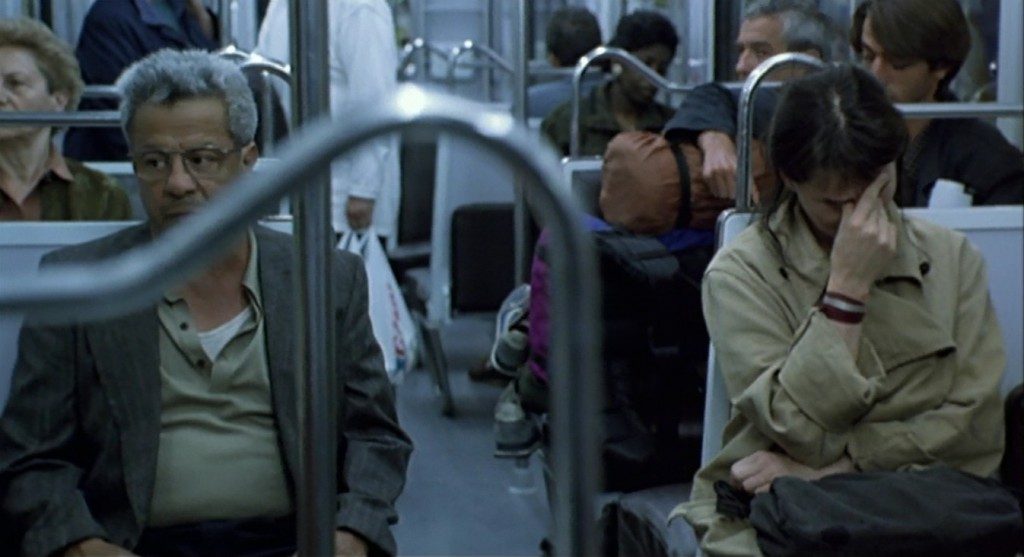
‘Code Unknown’ depicts the lives of several people from different walks of life, interconnected by a single incident. The film is replete with quintessential Haneke moments; an Algerian man spitting on a French Woman’s face in public; hushed cries of immigrants all around. The central themes of the film revolve around racial tension and violence fails as a thoroughly comprehensive exploration of the same. While highly ambitious in scope and narrative, the film fails to affect you on an emotional level and never really takes off and builds on its sweeping narrative. Nevertheless, it’s one of Haneke’s most challenging works.
8. Funny Games (2007)
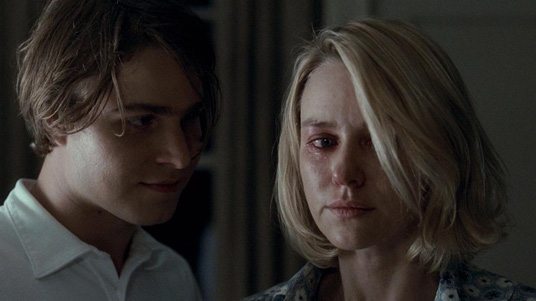
A shot-by-shot remake of his 1997 Austrian film of the same name, ‘Funny Games’, is as brilliant and affecting as its original. But what could possibly be annoying and frustrating here is the film’s blatant repetition of its message and themes its original had already dealt with. Apparently, Haneke made the film with the intention of getting his message across a wider audience and what could possibly be better for this than a Hollywood film starring the likes of Naomi Watts and Tim Roth? And the ultimate problem which lies in the film is exactly that. It does nothing new.
7. Benny’s Video (1992)
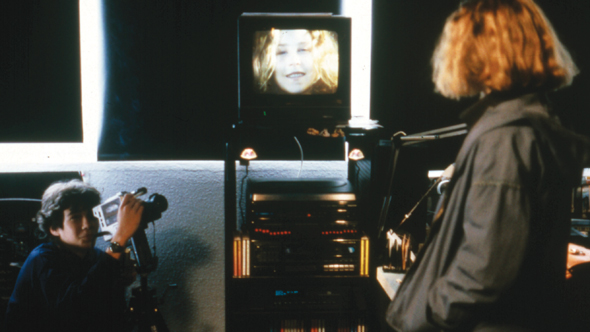
I look back at this film in pure horror. The first 40 minutes of ‘Benny’s Video’ are among the most disturbing and terrifying pieces of cinema I’ve ever seen. The film depicts the troubled mind of its titular character, who is obsessed with video games and violence and begins to blur the lines between fiction and reality. However, the film does not flow at its initial pace and falters midway through to never really wake up again. But it’s a film that seems to get better only on repeat viewings and is undoubtedly one of Haneke’s better works.
6. Funny Games (1997)
‘Funny Games’ isn’t a film but a statement. A brutal satire intended to mock the depiction of violence in mainstream Hollywood cinema and the media and to awaken the senses of its passive consumers, frighteningly desensitized to violence. The film follows a wealthy Austrian family who arrive at their holiday home and are visited by two young men who torture the family with their sadistic games. Arguably Haneke’s only real provocative work, ‘Funny Games’ is a film that reflects your role as an audience and exposes you to the absurdities of cinematic violence and how it manipulates, consumes and dumbs down your senses. Undoubtedly, one of Haneke’s most exciting works.
Read More: James Cameron Movies
5. The Piano Teacher (2001)
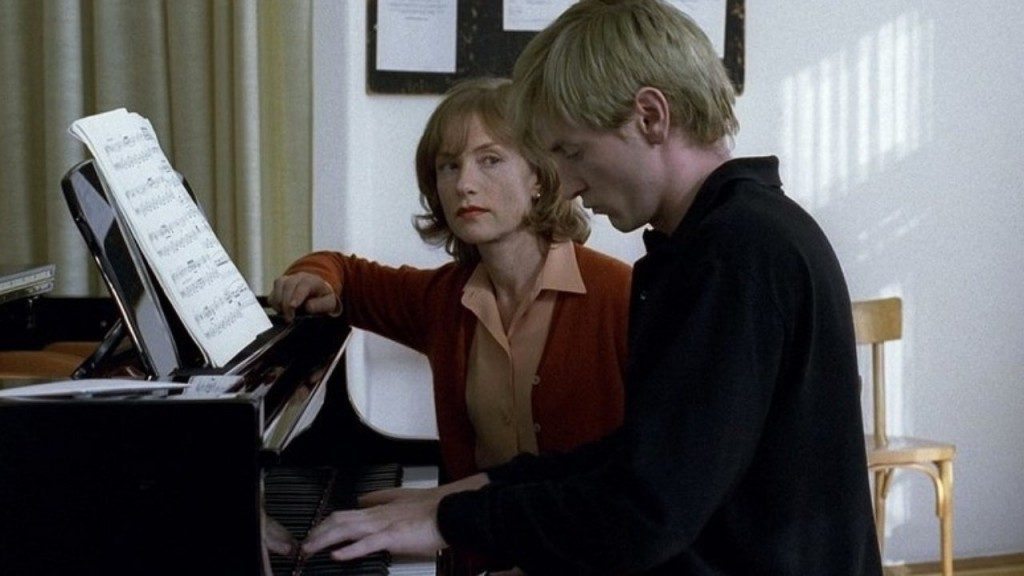
One of the most harrowing character studies of all time, ‘The Piano Teacher’ tells the story of a woman, a music professor, who develops a sexual relationship with one of her pupils. Featuring one of the greatest acting performances of all time by a stunning Isabelle Huppert, ‘The Piano Teacher’ is a startling examination of repressed sexuality and the ugliest facets of love. Erika is a woman who is frightened to look at her own self and wears a frigid demeanor that masks her inner vulgarities. The film is a deeply disturbing and extremely unpleasant reflection of how violence has crept into our mundane existence, mangling our psyche.
4. The White Ribbon (2009)
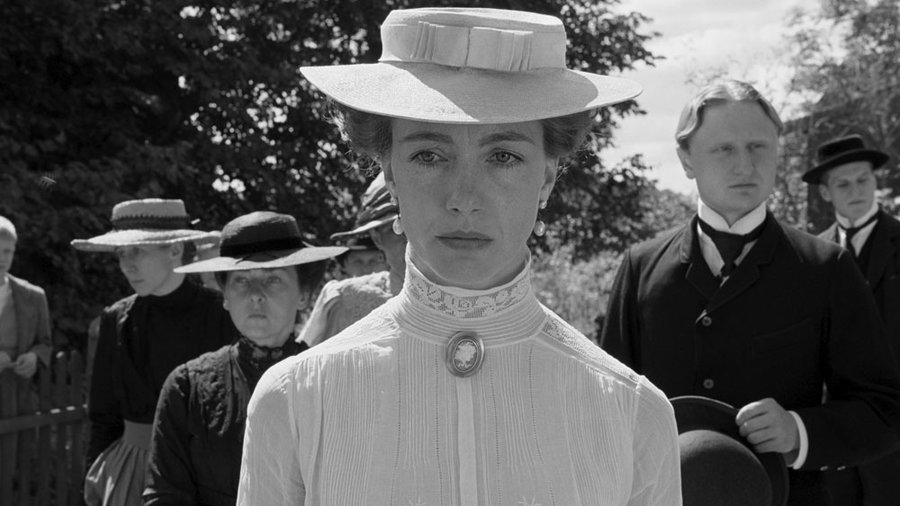
‘The White Ribbon’ is a disquieting look at the roots of evil and the disturbing truths of our past repressed by the very forces that dictate the norms of our existence. The film depicts the lives of people in a small village in Germany during the years before World War I as a series of strange events cause havoc in the village. As you’d expect, Haneke will refrain from providing you with answers. Haneke observes these people, and looks them in the eye; his unflinching gaze, devoid of any judgment, lets you sink into his characters, leaving you to ponder over the reasons and motives driving people to commit these gravely inhuman acts of violence. ‘The White Ribbon’ is a stunning work of art; one that exposes you to the frozen realities and buried memories of the past.
3. Amour (2012)
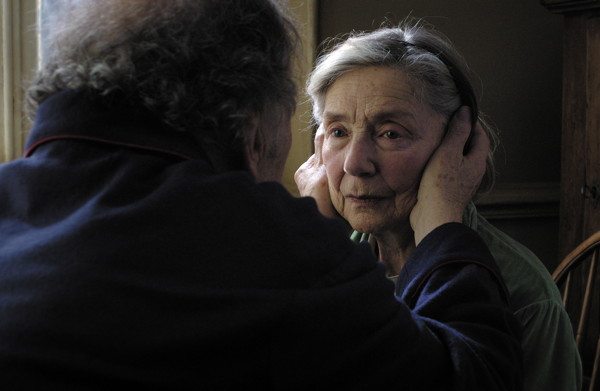
Haneke’s Oscar winning film, ‘Amour’, is arguably his most accessible film till date and one of the most emotionally draining cinematic experiences you’ll ever have. ‘Amour’ tells a simple story of an ageing couple living in their isolated apartment in Paris. The wife suffers from a stroke and the husband is left alone to take care of her. Such a simple plot could have easily turned into another contrived and excessively sentimental melodrama but Haneke takes a more objective approach towards dealing with the couple’s plight in the film. What Haneke does here is he observes; observes the physical difficulties of old age, observes the pain of having to witness the emotional and physical decay of a loved one. I am 22 years old and it would seem ridiculous of me to claim that I was absolutely moved by the film because I couldn’t possibly relate to the painful realities of old age and illness but Haneke forced me to look into it, terrifying me because I know that my day would come too. As Roger Ebert said in his review of the film, “those firemen are going to come looking for all of us one of these days, sooner or later.
2. The Seventh Continent (1989)
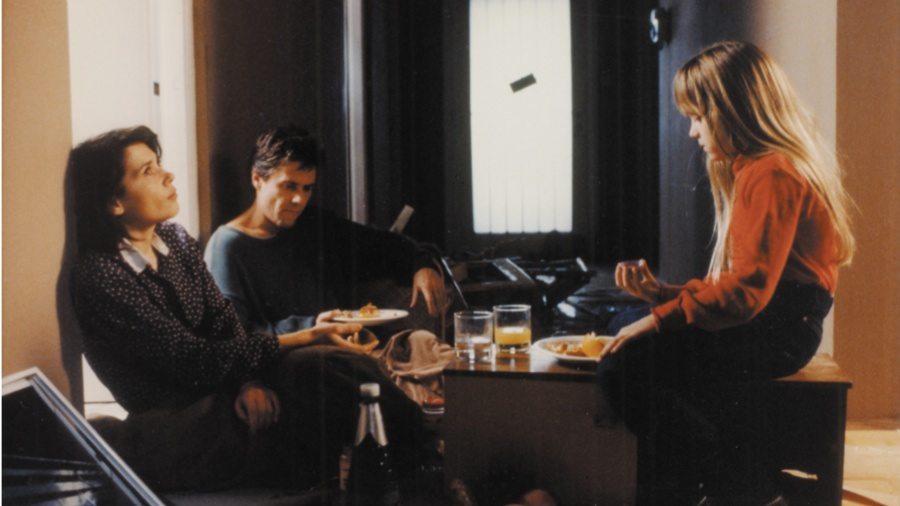
In one of the most matured, confident film debuts ever, Michael Haneke delves into the disturbed psyche of bourgeois isolation. ‘The Seventh Continent’ depicts the emotional meltdown of an Austrian upper class family, wrecked by the cycle of mundanity and isolation. Haneke uses silence to explore the feelings of estrangement and alienation experienced by his characters in a languidly paced narrative with shots providing taut, detailed focus on the family’s everyday life activities. ‘The Seventh Continent’ is pure horror; one that implodes, unnerves, terrifies and frightens you in a way no fancy jump scares could ever do.
1. Cache (2005)
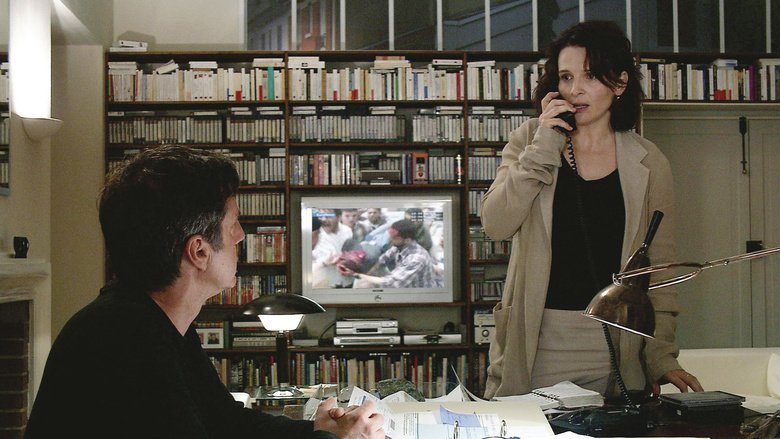
A static view of a house. Absolute stillness for about three minutes. A cyclist passes through. A woman walks out of the house and heads for the day. Freezing stillness again. Voices begin to be heard. This is what happens in the famous 5 minute opening shot of ‘Cache’. In my life as a cinephile, I’ve never felt the power and uneasiness of a gaze from behind the camera, forcing you to look into a reality we’ve turned our heads from. ‘Cache’ is quite simply one of the greatest films ever made and defines every single aspect of the word mystery. The film explores the paranoia of an upper class Parisian family who starts receiving surveillance tapes containing records of their daily life activities. Fragments of peace existing in an already desolate and secluded family are shattered forever as the husband recalls haunting episodes of his treacherous past that might have some links to the tapes. ‘Cache’ is a film that redefines the power of cinema; one that makes you proud to call yourself a cinephile.
Read More: David Fincher Movies

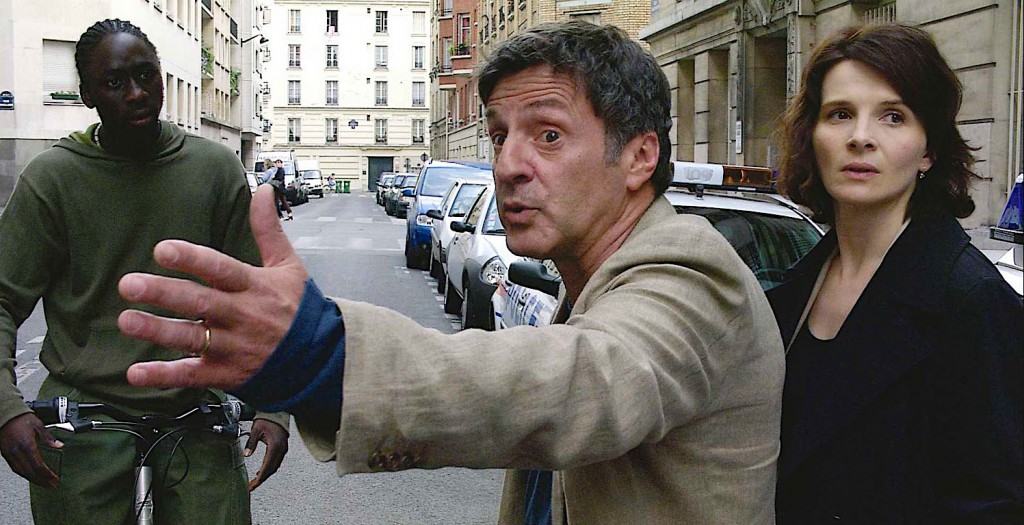
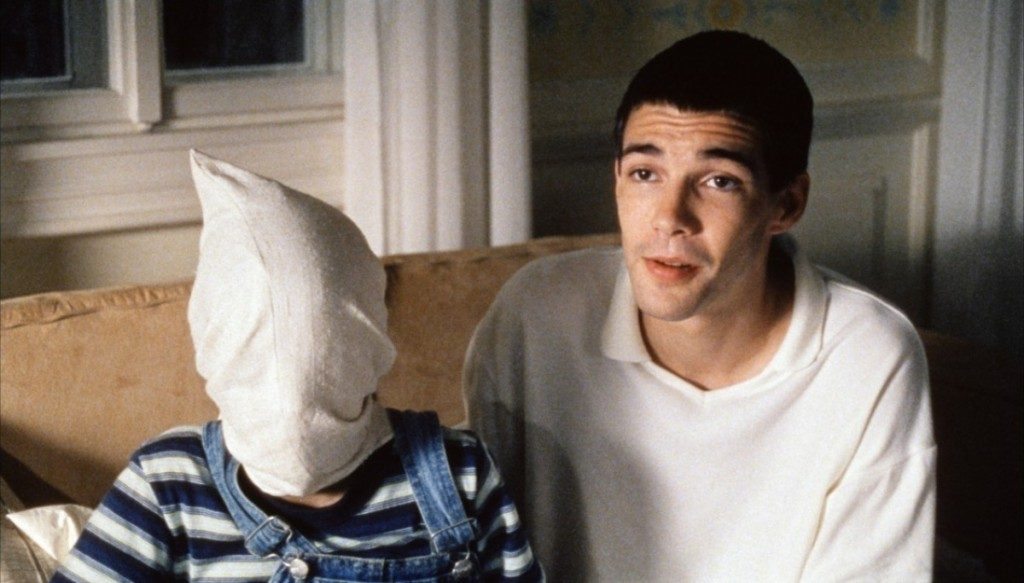
You must be logged in to post a comment.